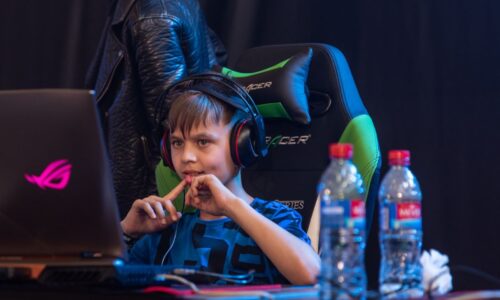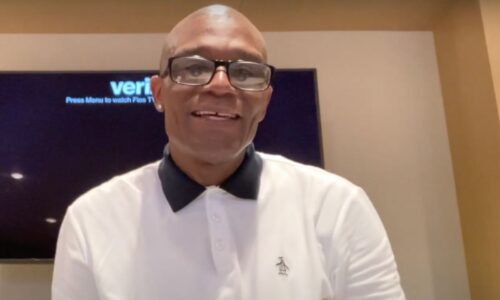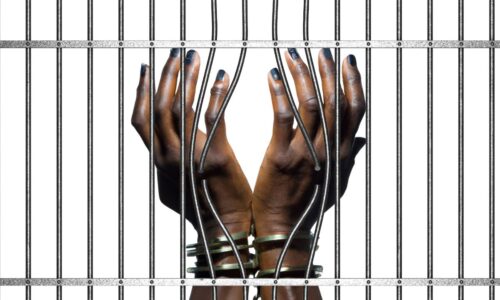Like so many other beefs law enforcement monitors, the entire Meek Mill vs. Drake feud played almost out exclusively on social media.
It all originated with Tweets and Instagram posts from Meek Mill, claiming Drake did not write his rhymes.
Since Meek has over 5 million Twitter followers and Drake 25.5 million, the allegations quickly went viral. How did Drake choose to respond? With a diss record released – you guessed it – on social media.
Drake and Meek used audio sharing site SoundCloud.com to debut their new diss tracks.
 |
The nasty posts both artists directed at one another in the following days generated comments on both artists pages that numbered in the tens of thousands.
Many of the remarks were insults and threats, clearly intended to intimidate each artist or their particular fan base.
Some of the commenters that post in the threads call each other out for being “Internet Gangsters” and issue threats of real life violence directed at one another.
Well…
New technology is being developed to use all of that data to monitor rap beef, in particular, and to keep track of gang feuds.
A project between Massachusetts Institute of Technology and Columbia University is attempting to create the technology that will analyze keywords, phrases and even images and videos that are posted on public networks like Twitter, YouTube, Instagram and Facebook.
The information would then be given to local law agencies, which would assess the potential for outbursts of violence in a particular community. They could then respond accordingly.
This is what Desmond Patton, an assistant professor at the School of Social Work at Columbia University in New York, told the Chicago Times:
“The way in which youth are able to quickly get online, it has created a new, quick way to engage in violence that might be out of the hands of the gang structure. It’s anyone who has the capacity to get on social media and have a beef. That is what makes it a very scary thing.”
The program is currently being tested in Chicago, where MIT and Columbia Univesity programmers are using algorithms to keep track of posts that mention rival gangs’ names, their members and even the streets and codified language that is often used.
If this technology had been realized earlier, maybe it could have helped prevent some of the many tragedies that are taking place in Chicago on a regular basis.
Case in point, two-year-old Dillan Harris.
The little boy was being pushed in his stroller on a sidewalk by his mother when he run over and killed by a murder suspect in the death of Marvin “Capo” Carr. Carr was a member of Chief Keef’s Glo Gang, which is infamous for taunting rival Chicago gangs online.
 |
So when a major rapper like Chief Keef get online and rejoices at the death of a rival (as he did with the murder of Lil JoJo), like fans, investigators take notice, even after the posts are deleted.
The same goes for the Meek/Drake beef. As Beanie Sigel noted in an Instagram post, the threats being thrown around on social media have a real chance of spilling onto the street.
“Somebody going to move out to prove they loyalty to something that’s not loyal to them “stupidity ” somebody dies somebody in jail for life over what,” Sigel posted on IG. “You’ll be lucky if a nigga get you a lawyer send you some flicks & commissary money for a couple months…”
It seems like the researchers at MIT, and Columbia University are on the same page as Beanie Sigel, in terms of not letting things get out of hand and being proactive in finding a better solution than gunplay.
“We’re not looking for heavy-handed responses to this problem. We’re not trying to make censorship tools,” MIT scientist Henry Lieberman told The Chicago Times.




